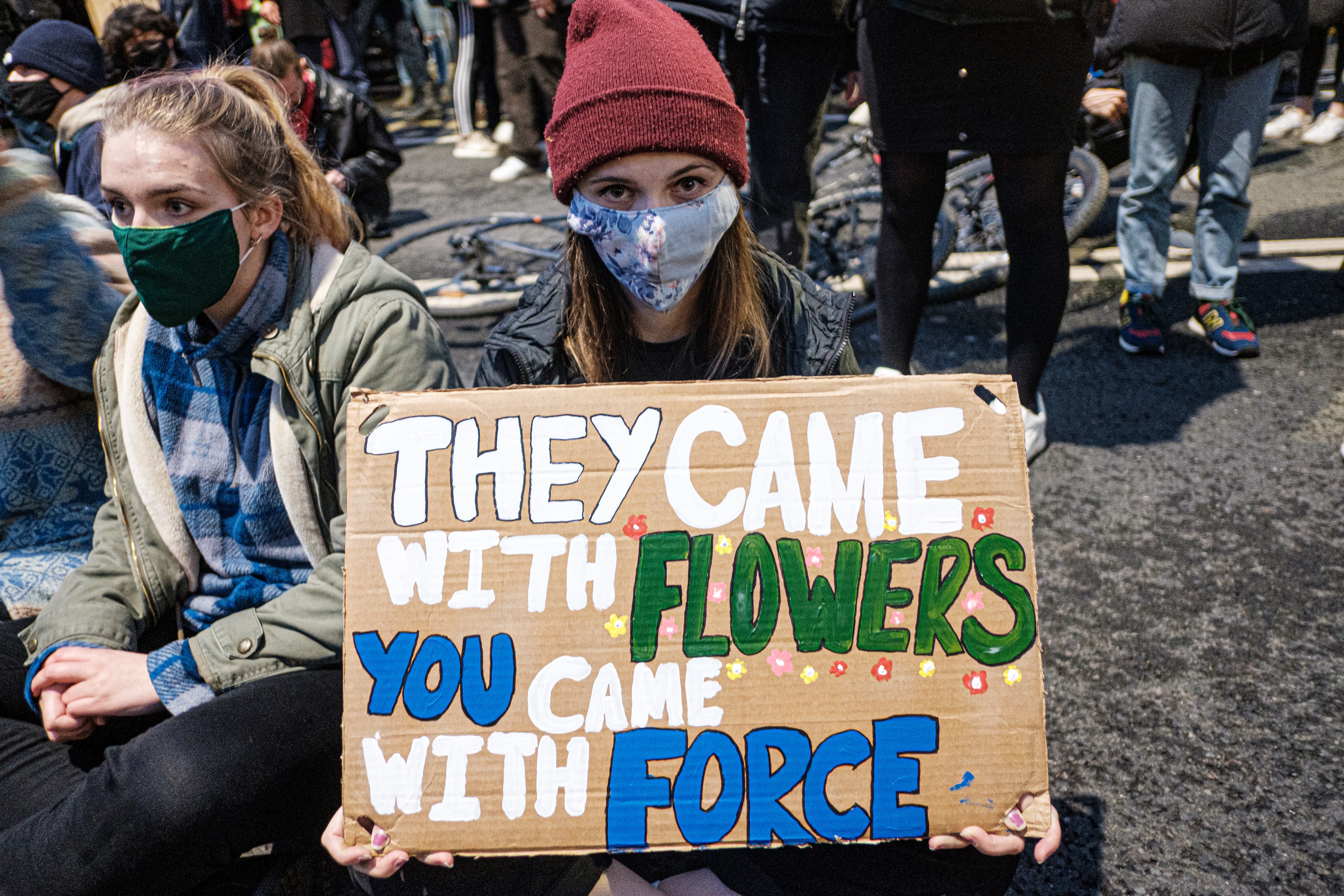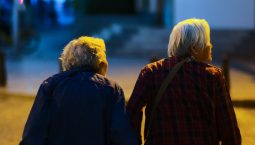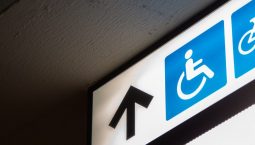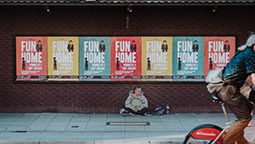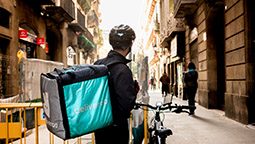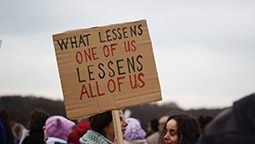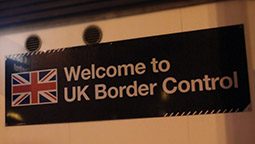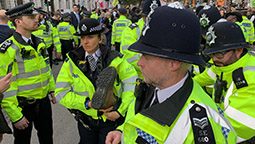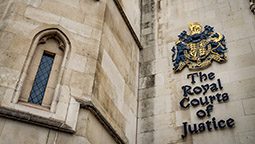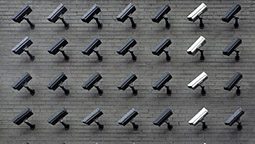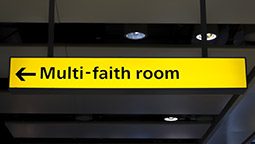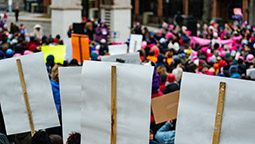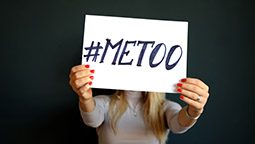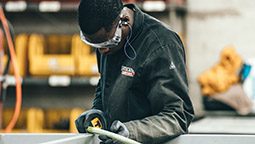When policing the Clapham Common vigil for Sarah Everard, as well as demonstrations in Bristol against controversial protest laws, the police breached fundamental human rights, a parliamentary inquiry has found.
According to the report, officers used excessive force, antagonised protesters and misinterpreted coronavirus laws while applying a “presumption of illegality” at both events in March. The report was written by the All Party Parliamentary Group (APPG) on Democracy and the Constitution. It found that the actions of the Metropolitan Police Service and Avon and Somerset Constabulary can be considered breaches of Article 11 of the Human Rights Act, which protects the right to protest.
The Day’s Events At Clapham Common
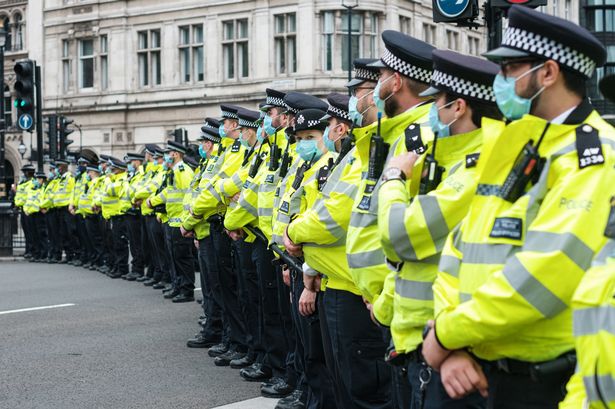
A line-up of Metropolitan Police
“Many women in the local area that I spoke to – both on the day and others that I’ve interviewed since then – felt a connection to Sarah,” said Almara Abgarian, lifestyle and news editor for Jam Press who reported on the vigil. “There was an incredible sense of community and respect for the scene, with people gently moving so that others could go forward and lay flowers, while some people gathered further in the back as they wanted a more ‘private’ setting.”
In reference to the Sarah Everard vigil, the APPG said that the police “began with the assumption that the gathering was unlawful. This was the wrong place to start.” As Covid restrictions at the time neither explicitly permitted nor banned protest, the report also acknowledged that police were in a difficult position due to this “ambiguity”.
The APPG said that the police’s failure “to adhere to best practice increased the likelihood of disorder at the event” on Clapham Common, a conclusion backed up by witnesses’ experience of the vigil.
For freelance journalist Michele Theil, who reported on the vigil for MyLondon, the swift change in atmosphere came as a direct response to police aggression. “All of a sudden there was chaos,” Theil stated. “I saw police officers push people away, push people to the ground. I saw them get really angry. From my personal perspective, people only started reacting after the police instigated.”
Met Police Assistant Commissioner Louise Rolfe “stands by the actions of those officers who policed the events on Clapham Common”.
In the days following the police’s heavy-handed actions, the atmosphere there changed from that of the vigil.
“The day after, there was a palpable sadness and it was incredibly quiet,” said Abgarian. “The flowers and signs remained for weeks afterwards. Even now, months later, I sometimes spot a bunch of flowers or a note written for Sarah.”
Events Elsewhere
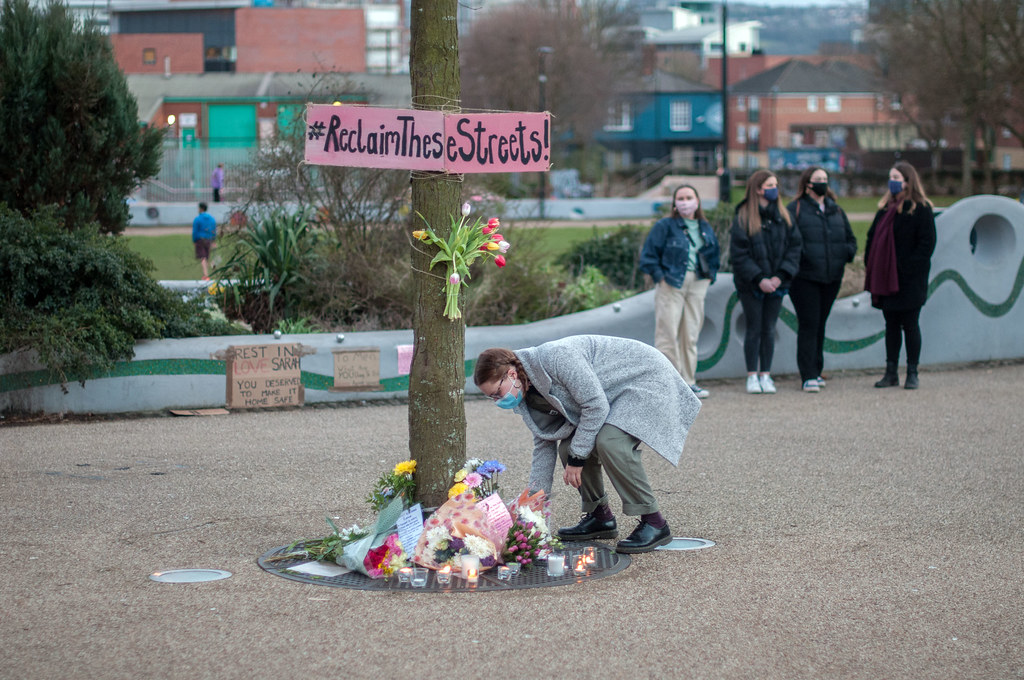
Credit: TIM DENNELL via Flickr
In contrast, vigils for Sarah Everard that took place elsewhere on the same day were left untouched by police, with no apparent confusion over Covid restrictions on protests.
Freelance journalist Sian Bradley attended one of these vigils honouring Sarah which was held in London Fields. The police there did not intervene and left the scene fairly quickly. “How the police responded and interacted with the attendees really impacted the way the evening went,” Bradley said. “I was really grateful that we had that time to extend our sorrow and sadness about what happened to Sarah and then just leave peacefully.”
The APPG report also found that, following Bristol’s “kill the bill” protest against the Police, Crime and Sentencing Bill, male police officers gained entry into two young women’s homes while disguised as postal workers, later realising the women had been wrongly identified as suspects and were innocent.
Proposed amendments to the Police, Crime and Sentencing Bill were also made off the back of the APPG report, including suggesting the abandonment of some of the “unnecessary” proposed powers that would place police in an “unfair position”.
Legal Case
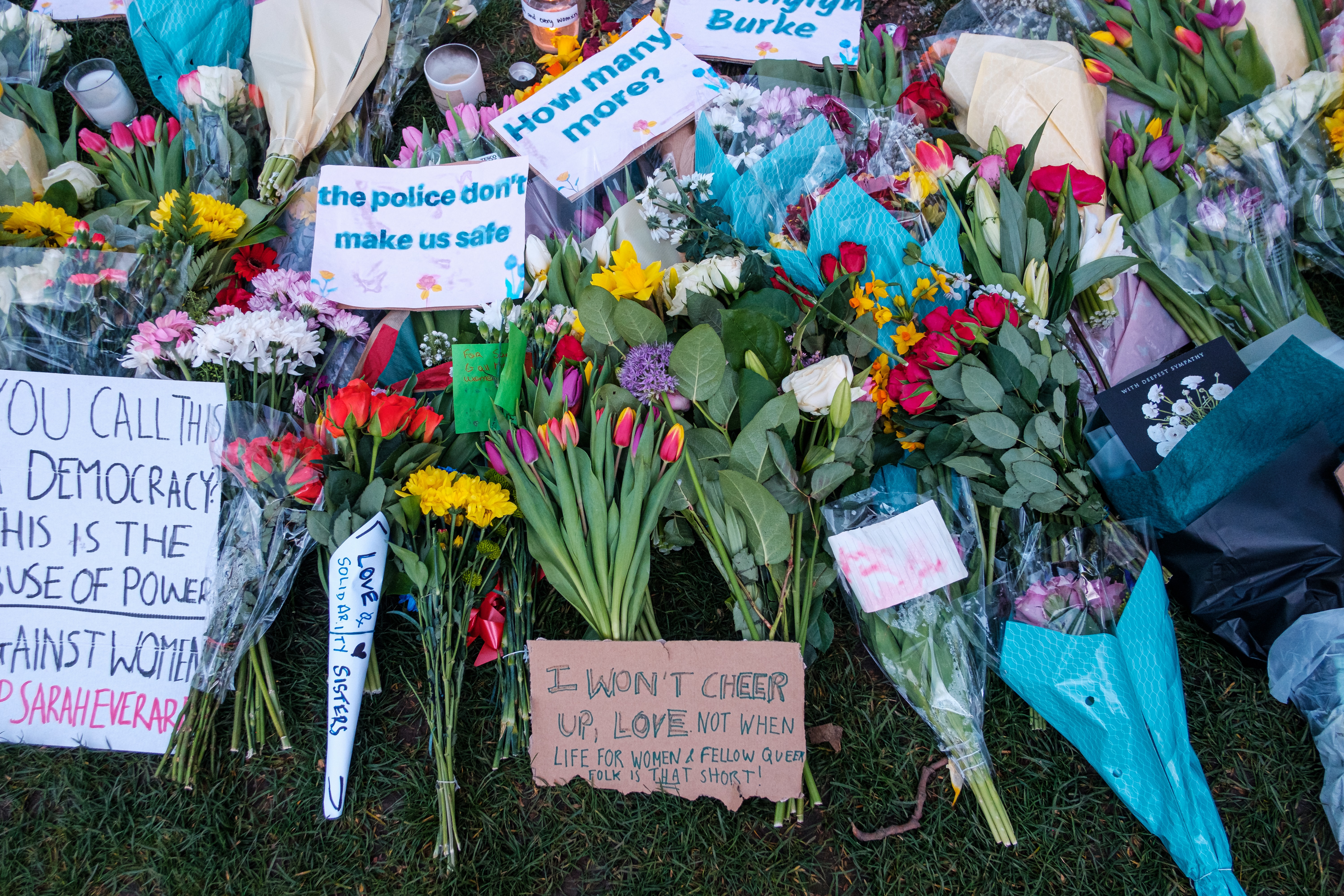
Flowers laid for Sarah Everard vigil
Reclaim These Streets cancelled their planned Clapham Common vigil when the police released a statement proclaiming it would be illegal. They are now taking the Metropolitan Police to court in an attempt to limit powers to prevent future protests in England and Wales. Despite the cancellation, hundreds of people turned up at Clapham Common anyway after Sisters Uncut decided to go ahead with the vigil.
“Essentially, the police acted as if the vigil would inevitably be unlawful – that is, there was a presumption that all protests, including the vigil, would be illegal because of the lockdown regulations,” said Adam Wagner, human rights barrister and founder of EachOther. “We say that this was the wrong interpretation of the lockdown regulations and failed to take into account the right to protest under the Human Rights Act.” EachOther will cover the case as it unfolds.
Meanwhile, on Friday 9 July, Met Police Officer Wayne Couzens pleaded guilty to murdering Sarah Everard.

